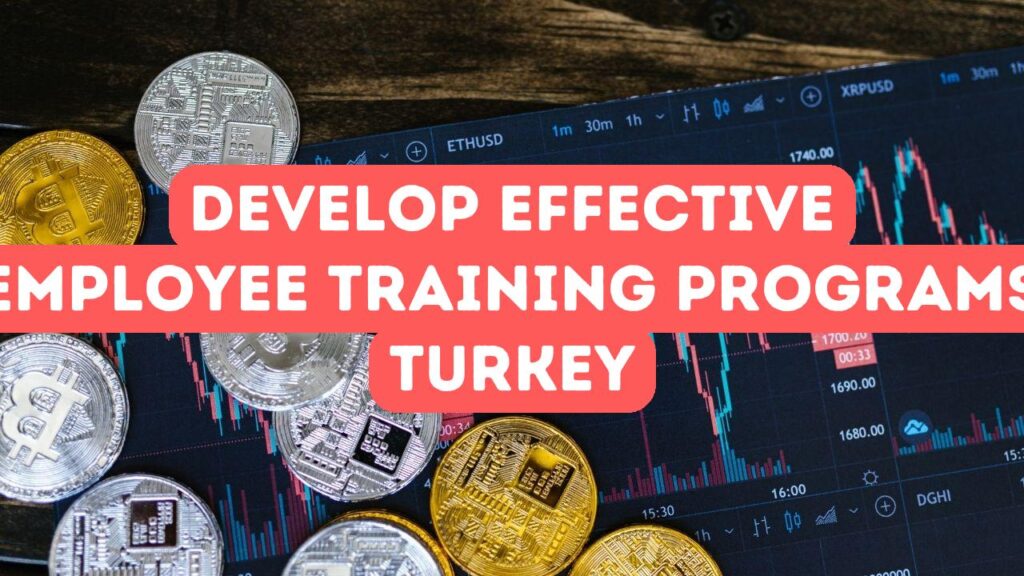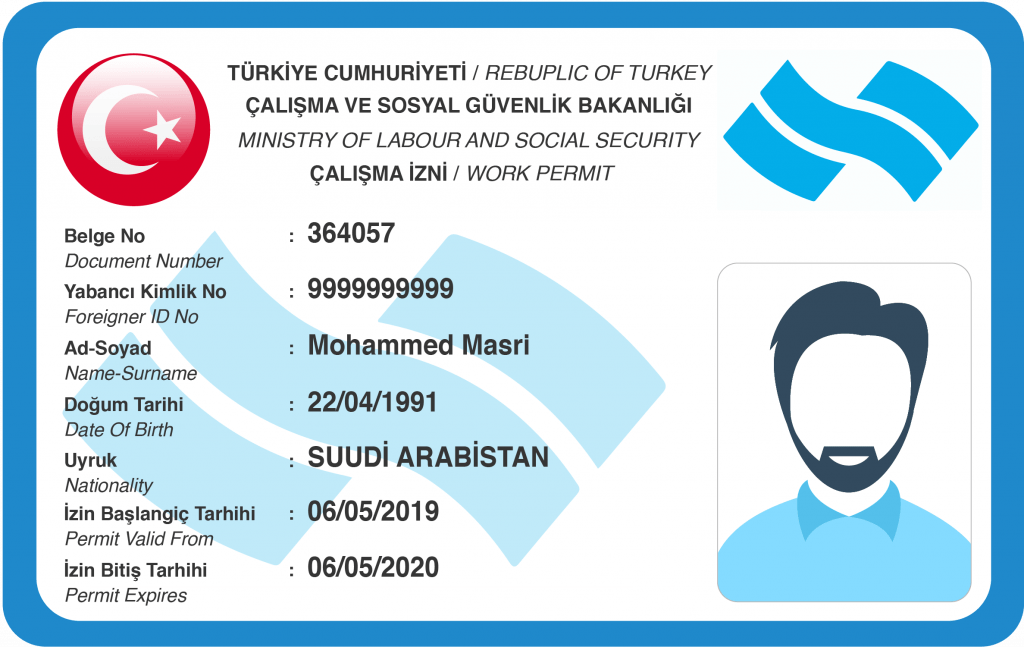Creating an effective training program in Turkey requires strategic planning and cultural awareness. Training programs in Turkey need to resonate with employees’ unique needs and the country’s cultural nuances. A well-crafted employee training initiative can bridge skill gaps and foster a more competent workforce. By focusing on workplace training Turkey, businesses can improve productivity and morale. It’s not just about handing out manuals; the method of delivery and content also matter. Effective training strategies involve interactive sessions, real-world scenarios, and feedback loops. Think of it as planting seeds in a garden—proper care, and you’ll see growth. During training program development, engage employees in the process. Their insights can be invaluable. Remember, the goal isn’t simply to train but to cultivate a team that thrives. With the right approach, a training program in Turkey can make an astonishing difference, elevating both employees’ skills and the business’s success.
Key Considerations for Cultural Relevance in Training
When developing a training program in Turkey, understanding cultural relevance is paramount. Turkish workplaces often place a strong emphasis on hierarchy and respect, so consider this in your program structure. Employee training can be more effective by integrating familiar cultural elements, which helps engage participants and retains their attention. Workplace training Turkey must cater to collective values, fostering a team spirit rather than just individual gain. Moreover, effective training strategies should incorporate traditional communication styles, such as face-to-face interactions, which are favored in Turkish business environments. Recognizing these nuances is akin to learning the dance steps of a traditional Turkish folk dance; each move builds towards harmony. By carefully weaving cultural elements into the training program development, companies can create a respectful, understanding, and successful learning environment that uplifts both employees and the company in unison.
Addressing cultural relevance in a training program Turkey isn’t just about awareness—it’s a cornerstone for success. Effective training strategies start by considering the local customs and everyday work practices. In Turkish workplaces, knowing the balance between professional and personal relationships can significantly impact employee training. Building a curriculum that reflects these traditions fosters an atmosphere of trust and collaboration. Think of this approach as crafting a tailored suit—it needs to fit perfectly to be appreciated. Including elements like local language nuances or examples from familiar business contexts enhances engagement. Additionally, workplace training Turkey should accommodate diverse learning preferences, from group activities to digital platforms. During training program development, it’s essential to review the feedback regularly, ensuring content remains relevant and impactful. By keeping cultural relevance at the forefront, companies can design training that not only respects but also energizes their employees, establishing a solid pathway to development and progress.
In crafting a training program Turkey, paying close attention to language and content is crucial. Turkish employees tend to resonate deeply with culturally familiar language and anecdotes. This approach, akin to speaking their native tongue, can bridge understanding and make learning more relatable. Choosing a blend of formal and informal communication styles ensures that employee training is both approachable and effective. Similarly, incorporating scenarios from Turkish workplace experiences can enhance relevance. Imagine choosing the right spices for a traditional Turkish dish; every detail adds to the flavor. Using examples or success stories within Turkish business practices adds authenticity and boosts engagement. Additionally, integrate values like communal success and respect for elders, mirroring societal norms. Tailoring training program development this way ensures that effective training strategies align well with employees’ expectations and cultural backgrounds. This not only supports learning objectives but also strengthens employee morale and participation.
Strategies to Enhance Employee Engagement and Retention
Enhancing employee engagement and retention in your training program Turkey begins with recognizing the power of connection and relevance. Employee training shouldn’t feel like a monologue or an obligation. Instead, design it as an interactive conversation. Use real-life examples and storytelling to make the content resonate. Effective training strategies in the workplace must foster an environment where employees feel valued and part of something bigger. Consistent feedback is crucial—think of it as a compass guiding both the trainer and the trainee. When developing your training program, tailor it to fit the aspirations and challenges of your Turkish workforce. This approach not only aligns with successful training program development but also boosts morale and commitment. Provide incentives for participation and completion, and you’ll cultivate a thriving environment that employees are eager to be part of. Remember, a well-engaged employee is a committed one, leading to an invigorated workplace.
Incorporating an engaging mix of method and material really sets the stage for success in any training program Turkey. Consider the setting—a lively theatre rather than a quiet library. Encourage employees to act out scenarios, simulating situations they might face on the job. This dynamic approach to employee training helps retain interest and engrains knowledge more effectively. Workplace training Turkey thrives on diversity in teaching styles, blending lectures with hands-on activities. Emphasize collaborative learning by organizing team projects, establishing a shared sense of achievement. Feedback loops are pivotal; they must be interactive and constructive, allowing trainers to adjust the course in real time. By focusing on effective training strategies that captivate and involve, businesses not only improve retention but also foster a community spirit. Training program development is not a static task; it’s an ongoing journey. Tailor your approach, and watch as employees find joy in learning, catalyzing a rewarding change.
Creating a vibrant culture of continuous learning in your training program Turkey involves recognizing the importance of diverse experiences. Blend tradition with innovation by incorporating both tried-and-true practices and cutting-edge techniques. In the realm of employee training, gamifying elements can boost participation—after all, learning should feel like an adventure, not a chore. Delve into effective training strategies by offering mentorship opportunities, where seasoned employees share insights with newcomers. This fosters a sense of community and encourages rich dialogue. To solidify retention, workplace training Turkey should extend beyond the classroom, weaving educational aspects into daily activities. Encourage open forums for discussion, allowing every voice to be heard, and celebrate successes as a collective milestone. As you fine-tune your training program development, keep in mind that the goal is to craft a learning journey that is as dynamic as it is enduring, empowering employees to excel individually and collectively.
Measuring the Success of Training Programs in a Turkish Context
To gauge the success of a training program Turkey initiative, businesses must employ effective training strategies tailored to the Turkish context. Start by setting clear objectives aligned with both company goals and cultural expectations. While quantitative assessments like tests and quizzes reveal knowledge acquisition, don’t overlook qualitative measures. Employee feedback offers rich insights into how well the training connects with workplace realities. Essentially, this feedback acts like a compass, directing the training program development toward improvement. Engage in regular performance reviews to see if skills are transferring to the job floor. These reviews provide a mirror, reflecting the true impact of workplace training Turkey. Take note of enhanced productivity and morale—telltale signs of successful employee training. Remember, success in Turkey is about weaving tradition with innovation, ensuring each program reflects the unique Turkish work environment.
Employee training in a Turkish context goes beyond mere numbers on a graph. Successful training program development thrives on continuous improvement driven by ongoing evaluation. Utilize effective training strategies to measure metrics like employee engagement and retention rates, which are pivotal in understanding the true value of workplace training Turkey. Think of employee engagement as the heartbeat of your training program Turkey; the more engaged, the stronger your program’s pulse. Inviting feedback fosters a partnership with your employees, providing them a voice in shaping future sessions. Additionally, observe changes in employee performance reviews as they can illuminate the effectiveness of your strategies. Recognizing both subtle shifts and significant improvements is crucial. Remember, measuring success is akin to watching the tides: consistent observation reveals hidden currents. Ultimately, these insights enable businesses to refine their approaches, ensuring the training not only meets but elevates the standards of the Turkish work environment.
A comprehensive assessment goes beyond merely scratching the surface; it drills down to the core of what makes a training program Turkey initiative truly effective. Begin by embracing a robust evaluation framework that merges both quantitative and qualitative insights. By analyzing a mix of data such as employee engagement levels, retention rates, and performance improvements, you unveil the full spectrum of the training’s impact. Remember, each piece of feedback is like a clue in a treasure hunt—an essential guide to enhancing future programs. Consider holding regular discussions where employees share their experiences and offer suggestions, reinforcing a cycle of continuous development. Moreover, track how skills are not just learned but applied, becoming second nature in daily tasks. This practice requires keen observation, much like tuning an instrument until it harmonizes perfectly. With methodical assessment, businesses unlock pathways to refine their training approaches, ensuring they resonate and reap results in Turkey’s unique landscape.






